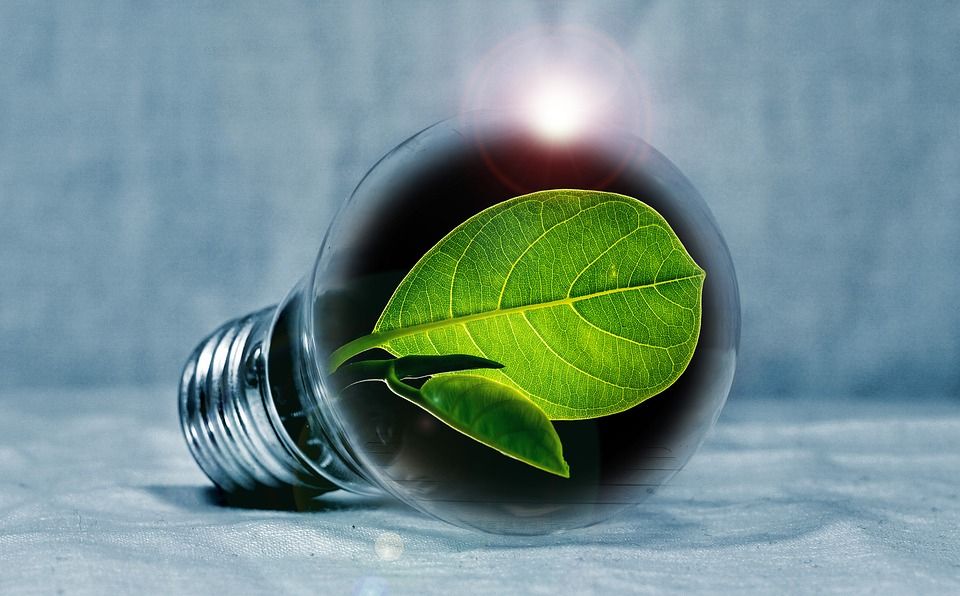Earlier this week, the government unfurled plans for Denmark to have one of the world’s biggest offshore energy parks. Now, a complete energy strategy has been revealed.
The strategy proposal (here in Danish) aims to ensure that at least half of Denmark’s energy needs are covered by sustainable energy by 2030 and make the country fossil fuel-free by 2050.
“The government’s long-term climate goals require Denmark to be a low-emission society by 2050,” said the energy and climate minister, Lars Christian Lilleholt.
“To get there we must cover at least half of Denmark’s energy needs with sustainable energy sources by 2030. With this energy proposal, the government is taking some important steps towards reaching our long-term goal climate goals.”
READ MORE: Government wants to build massive wind energy park
Expansion and modernisation
As part of the plan, the government will set aside 4.2 billion kroner to enhance competition between green technologies – meaning that wind turbines and solar power plants will compete with the likes of biomass to provide the Danes with as much green energy for their money as possible.
Aside from the wind energy park, other specific areas of the energy plan involve earmarking 4 billion kroner for the expansion of green biogas production, while 400 million kroner will be set aside every year from 2021-24 as an effort aimed at boosting energy savings in business.
From 2025, 500 million kroner will be set aside annually for new initiatives catering towards reaching the goal of Denmark being at least 50 percent energy sustainable by 2030.
The government also wants to modernise the heating sector and ease tariffs on electricity, while also better promoting the export of Danish energy technologies.
Not everyone is impressed, however.
The head of left-wing party Enhedslisten, Pernille Skipper, described the strategy as “embarrassingly unambitious”, contending it only pandered to giving tax breaks to large energy consumers.















